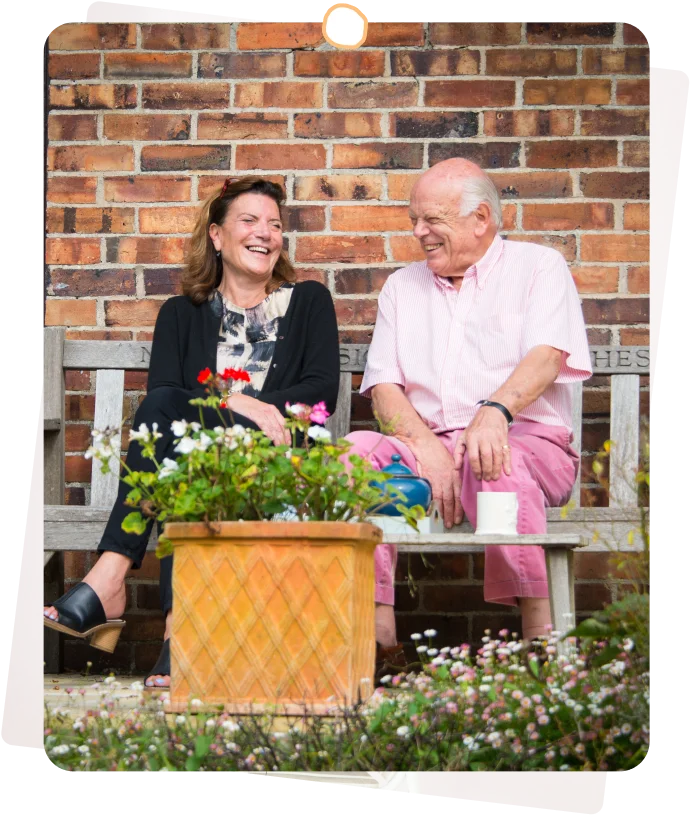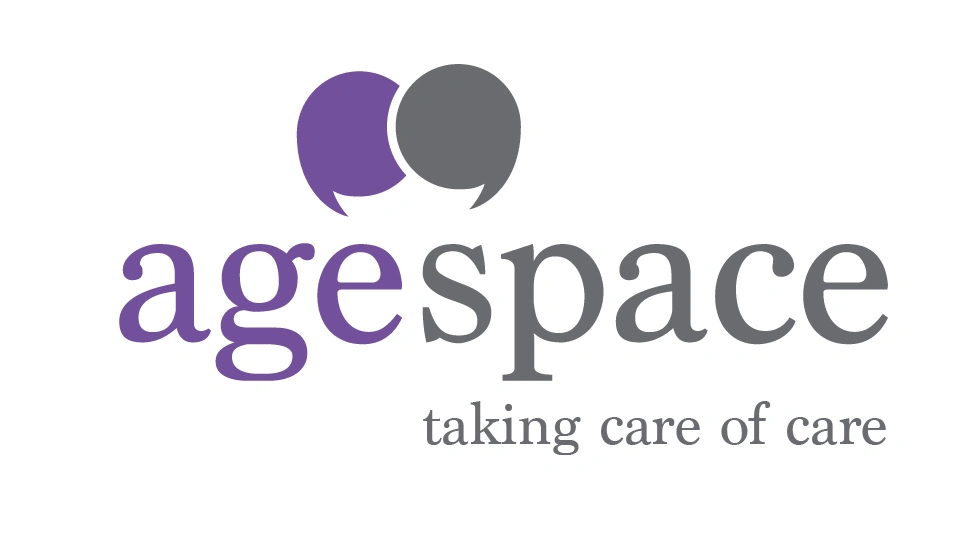By Annabel James, founder of Age Space.
The weekend after Mum’s funeral my 83-year-old Dad and I went out and bought new saucepans. Not what Dad would have had on his to-do list, but we didn’t really know what to do with ourselves, how to fill the time, and it would have been an outing Mum would have enjoyed. The start of some strange times, and the end of some strange times too.
Married for 60 years, their last decade together saw Mum’s health decline following a stroke. During that time Dad moved seamlessly from husband to that of super hero (my words not his) – general factotum with multiple roles including full-time carer. Also, personal assistant making appointments, sorting medication, doing paperwork; chief entertainment officer in charge of daily laughter, often after some medical mishap; head of logistics organising outings to friends, the hairdresser or just an afternoon drive on quiet days, usually with an ice-cream stop; quartermaster doing the shopping, paying the bills and running the hoover round; as constant companion to help with the fiddly business of socks and shoes, and transport manager helping her on and off the stairlift. He embraced them all with gusto and 100% enthusiasm for the task, whatever it was.
After Mum died his grief was not only for the loss of his beloved wife, but for the loss of all those roles his life had become. Initially the routine was perhaps quite similar as he threw himself into the administration and paperwork of death of which – thank goodness – there is a mountain. Her funeral was a labour of love with no detail left to chance. He spent weeks writing letters to everyone who called or wrote or delivered meals and flowers.
Over weeks and months, Dad sorted through Mum’s clothes and possessions. He called her friends and family regularly, picking up where she had left off. The house adaptations and mobility aids were eventually returned from whence they came.
He started lunches with a fellow widower in the village. He went to a bereavement coffee morning at the local hospice which much to his surprise he found a great comfort. He visited Mum’s grave and came to enjoy spending time choosing flowers for her.

Slowly, life took on a new shape. He resumed old hobbies and adopted new projects that he’d not had time to do while he was juggling all those roles. He went on holiday and visited friends and family. His role of chief mourner slowly morphed into that of widower, and whilst it wasn’t overly merry, life did perk up.
If he was to give any advice or words of wisdom about life after caring for a spouse, partner, relative or friend, I think he would say three things: firstly, that time really became his enemy. Having had a decade of too little of it, after Mum died there was just far too much of it – so retaining a little bit more time for himself while she was alive may have been a good thing.
Secondly, he’d say that grief is a labour of love and a testament to the person who has died and your relationship with them. As such, the process of death, the funeral, the sorting, the memories, are memorials to that person. Embrace the rituals of death and grief for the person you loved.
Thirdly he’d say that shopping for saucepans probably won’t help with anything except the cooking, but whatever gets you through the day.
Annabel James is the founder of Agespace.org – the one-stop online resource for anyone caring about elderly parents and relatives. The website is packed with useful information, resources and signposting to the best services and products for every stage of elderly care.





